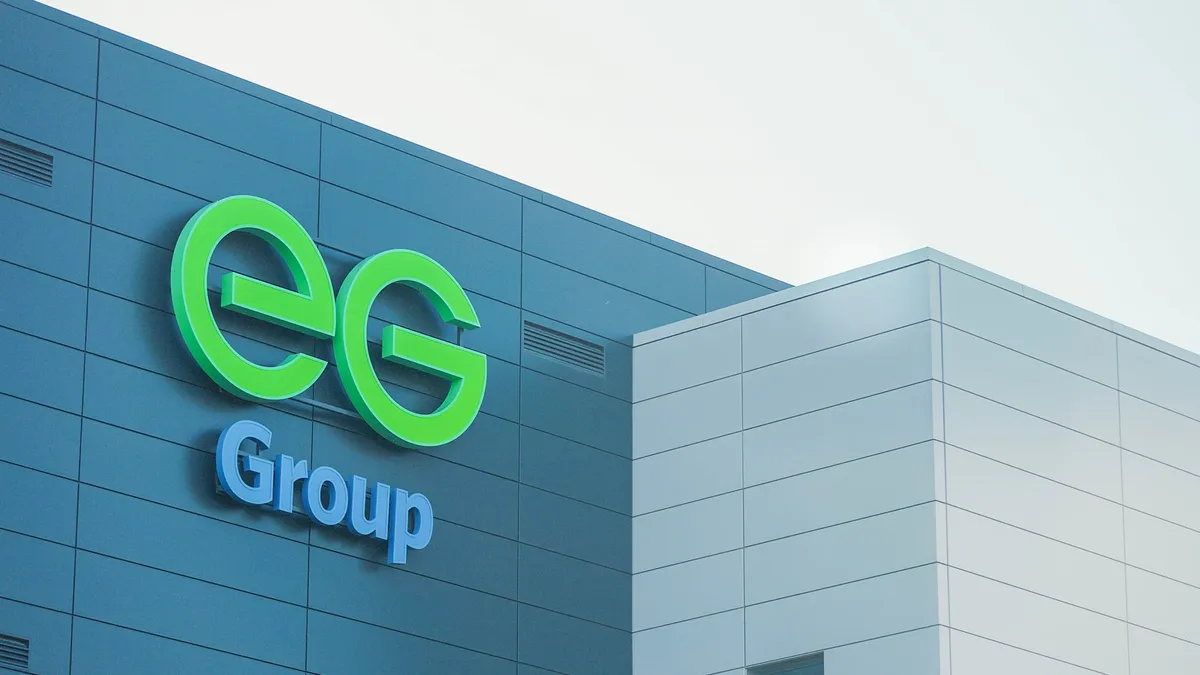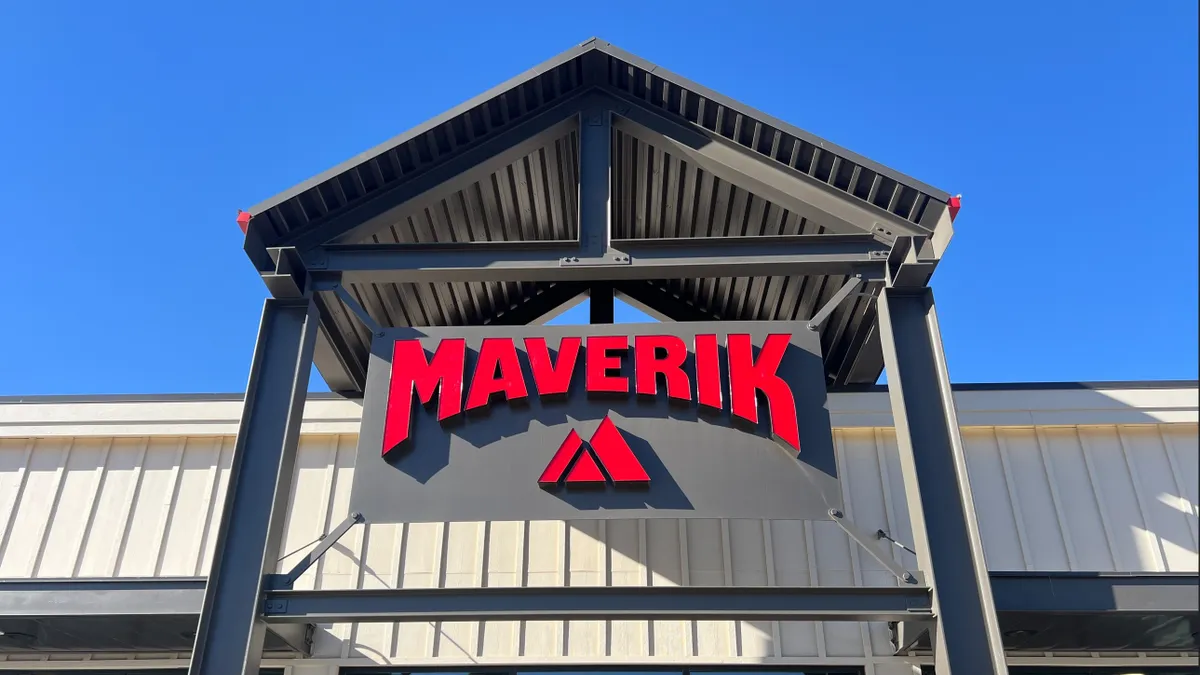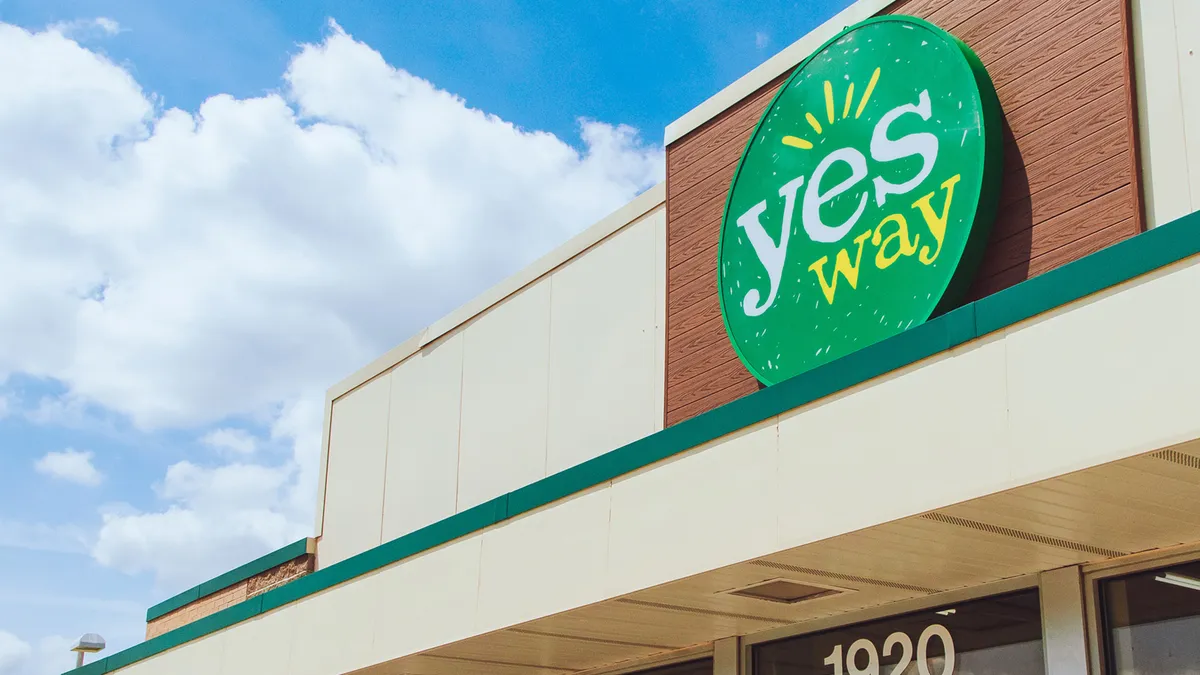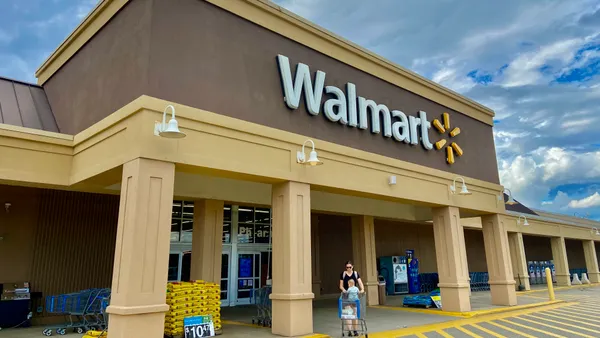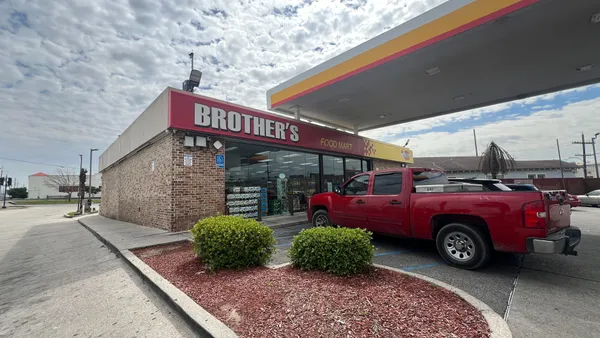Fueling Up is a column from C-Store Dive offering a fresh perspective on the top news and trends in the convenience store industry.
He’s no longer part of EG Group’s c-suite, but Zuber Issa continues to put pressure on the company he co-founded over two decades ago.
Before he and his brother resigned as co-CEOs, Issa told The Telegraph in December 2024 that they were planning to take EG Group public on the New York Stock exchange for about $13 billion pounds, equivalent to roughly $17.5 billion. A few months later, Issa told The Sunday Times that the “road map is starting now” for the IPO, which would probably commence in 2026 and list EG Group under Cumberland Farms, its largest c-store banner in the U.S.
Now, Issa appears to be changing his outlook. He told the Financial Times this week that he wants EG Group to sell its assets in the U.S. and that there are already parties interested in purchasing them. Selling these assets, including over 1,500 c-stores under several banners, would help EG Group relieve its over $5 billion in debt much faster than an IPO, Issa told the publication.
As Issa continues to speak to the press, EG Group isn’t talking. The company declined to comment on any speculatory IPO or sale of EG America to the outlets Issa has spoken with, and declined to speak when reached this week by C-Store Dive. Issa himself did not respond by press time when asked for comment by C-Store Dive.

It’s understandable for EG Group to keep quiet if either of these moves is in the works. But Issa’s comments contradict what the company has done the past few years in growing its U.S. network. M&A efforts aside, EG America has revamped its digital ecosystem, overhauled its c-suite team and boosted its fresh food offerings amid efforts to unify its many c-store banners across the country. EG Group even said earlier this year that EG America has become its most profitable market.
Which leads me to this: If EG Group is indeed mulling both options, how would selling EG America impact its potential IPO?
Familiar territory
In early 2023, reports surfaced that EG Group was looking to sell its assets in the U.S. in an effort to relieve over $8 billion of debt falling due in 2025. About two months later, the company entered into a $1.5 billion deal with Realty Income Corporation under which the real estate investment trust purchased over 400 c-stores in the U.S. and leased them back to EG America.
Since then, EG Group has been on a selling spree both in the U.S. and overseas. It has sold over 100 locations across several states to Casey’s General Stores and BreakTime Corner Market, spun off most of its c-store locations in the U.K. and Ireland to sister supermarket company Asda and offloaded 32 sites directly to Issa, who used the locations to launch a new banner, EG on the Run.
The sales continued this week when EG Group agreed to sell its businesses in Australia and Italy for A$1.1 billion and 425 million euros, respectively, all of which will be used to repay debt, the company said in separate announcements.
At the end of last year, EG Group said it had paid down a significant portion of its debts and grew underlying EBITDA by 10%, driven by growth across many of its business segments — notably the U.S.
Issa told the Financial Times this week that a sale of EG America would leave the company with leverage of about three times its earnings, and that the sale would also help pay down its debts faster than if it were to IPO.
Selling top-performing assets can be a “very smart” decision for companies looking to repay debt or focus their attention elsewhere, corporate finance attorney Andrew Apfelberg, partner at Greenberg Glusker LLP, said in an interview.
In EG Group’s case, offloading its U.S. division — and not going public — could mean the company is refocusing on its home base of the U.K.
“It can be pretty smart to do a carve-out as opposed to selling the whole company,” Apfelberg said in reference to EG Group offloading EG America. “Once you sell the whole company, you're sort of done — it's an all-or-nothing proposition.”

EG Group could still go public on the New York Stock Exchange even if it sold EG America, said Edward Best, partner and co-chair of capital markets at Willkie Farr & Gallagher. But he added that having EG America under its belt would be wise if going public is still the ultimate plan, since investors already know the brand and its growth strategy.
On the flip side, if EG Group sells its U.S. assets and still decides to go public, investors may wonder where its future growth is going to come from.
“Those are questions that people are going to ask, so I think it just raises some questions that they're going to have to answer,” he said.
Editor’s note: This story has been updated to note EG Group’s sale of its Australian business.


